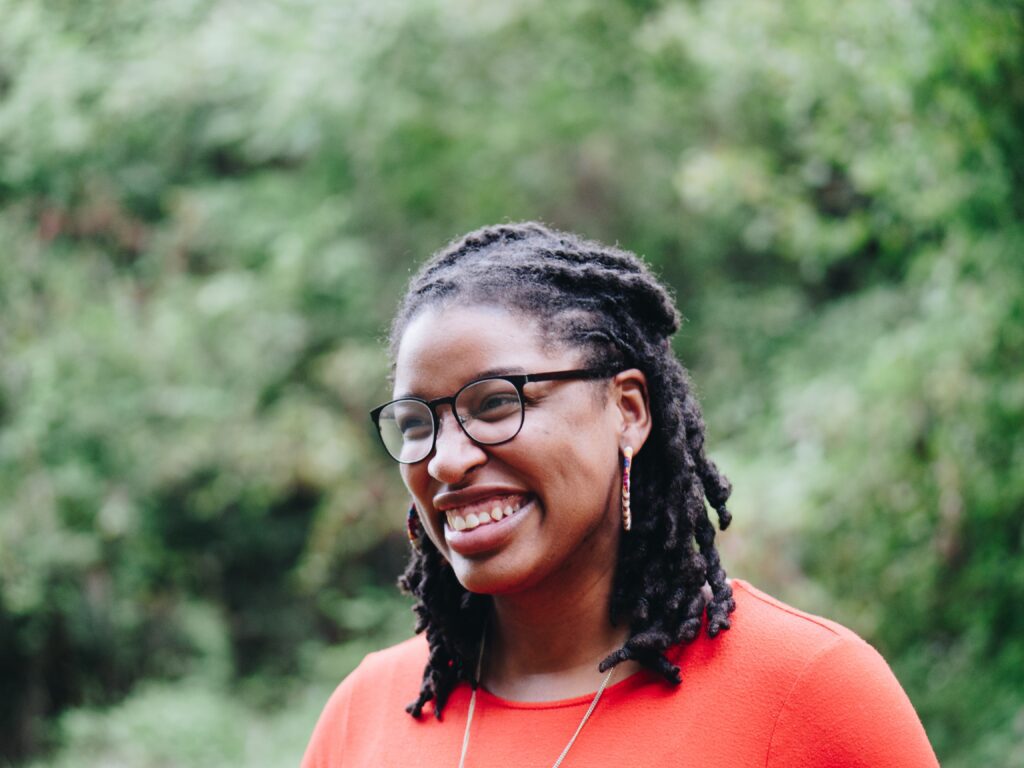

Eye issues are a significant health burden for many, but most people don’t know how to make helpful changes or cannot get the care needed to keep them at bay. The black community, in particular, has a high risk of cataracts, glaucoma, and diabetic retinopathy, leading to high rates of vision loss and blindness. Access to professional eye healthcare is also a challenge many black people face, as low-income, lack of insurance, or little to no eye health services nearby, and more are factors that many struggle with. Fortunately, some measures can be taken to care for the eyes and prevent or slow the onset of eye conditions. While your ultimate aim can be comprehensive and sustainable eye care, don’t be afraid to start with small steps. Here are five easy ways to care for your eye health:
Align your screen properly
Today’s world requires us to use screens constantly—and simply positioning your screen wrong can cause eye strain. Luckily, this is easy enough to fix if you look at two things: your screen’s height and distance. Ensure your screen’s position is at or just below eye level, which is the optimal viewing angle. Next, examine the distance between your eyes and the screen. The correct distance is when you can clearly see words and figures on your monitor without leaning back or forward. For most, this is about an arm’s length away.
Use eye drops
Many African Americans have a high risk of developing eye conditions such as glaucoma, a leading cause of blindness in the community. However, severe vision loss can be prevented if detected and treated early. Fortunately, there are newer remedies available that can help delay the onset of the disease significantly. Using eye drops that reduce elevated pressure inside the eye can reduce the development of primary open-angle glaucoma in black people by almost 50%. If you are at risk of developing glaucoma, daily use of these eye drops is recommended for the best results.
Wash your hands
Washing your hands protects yourself and others from diseases like chlamydial and gonococcal eye infections. Clean hands are a must if you’re prone to touching your eyes or wear contact lenses often. Rinse them with running water and soap, then rub them together for at least 20 seconds. Make sure you rub down the backs of your hands, between your fingers, and under your fingernails. When you’re done, rinse your hands under running water and dry them with a clean towel.
Wear sunglasses
Wearing a pair of sunnies can block your eyes from up to 100% UVA and UVB rays, saving you eyestrain in the present and preventing diseases like cataracts and eye cancer in the future. You can get polarized sunglasses, which reduce sun glare from reflected surfaces. For the best coverage, wraparound sunglasses are also recommended so they can black light from multiple angles. Sports sunglasses typically have all these features while still looking stylish. Performance eyewear brand Oakley showcases how sunglasses protect your eyes while topping your look. Athletes prefer models like the Kato or Sutro, but they also have lifestyle shades for those who want a cool everyday look. The brand has even partnered with athletes like NFL stars, with a roster including Minesstoa Vikings’ Justin Jefferson, Baltimore Ravens’ Lamar Jackson, and San Francisco 49ers’ Deebo Samuel.
Get regular eye exams
Eye exams should be done regularly to ensure eye proper eye health, but not many in the black community get their eyes checked. There are many reasons for this, including financial barriers, lack of awareness, or even discrimination in healthcare. Thankfully, more strides are being taken to make it easier for African American patients to access eye care. Many programs and services offer free or low-cost eyewear and eye exams for those eligible, and places like Target and Walmart also offer these services at cheaper rates and in more accessible locations. For those worried about facing racism in healthcare, many black doctors and medical professionals are helping dismantle myths and misconceptions about the community, aiming to make the medical space more welcoming and inclusive. Eye exams can be a better experience thanks to these impacts in the field.
